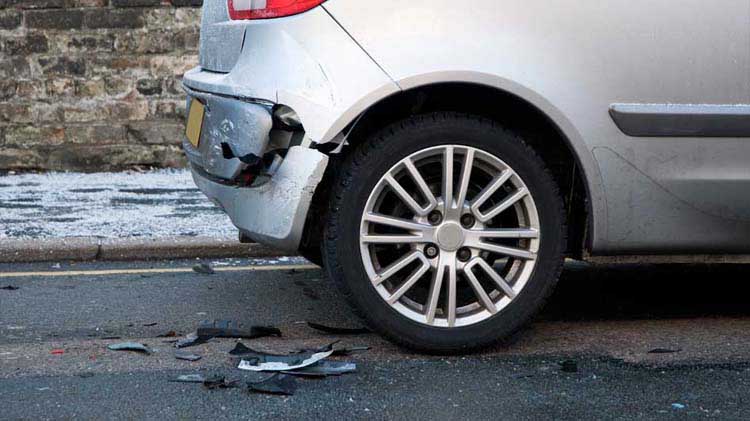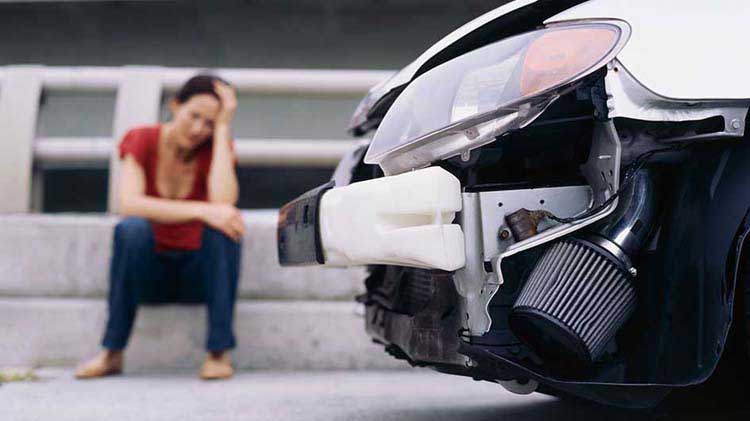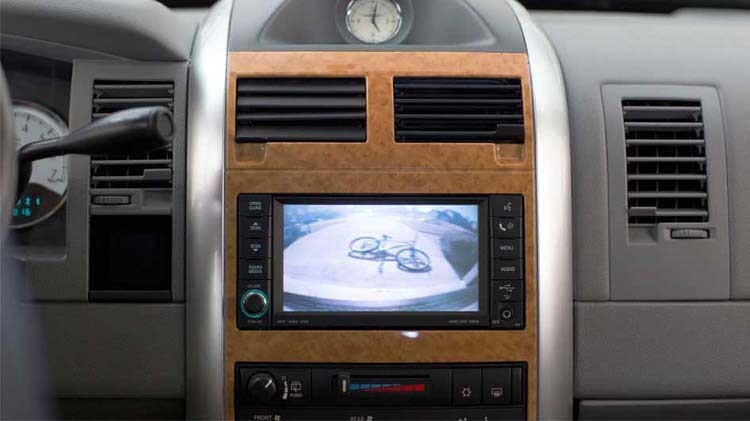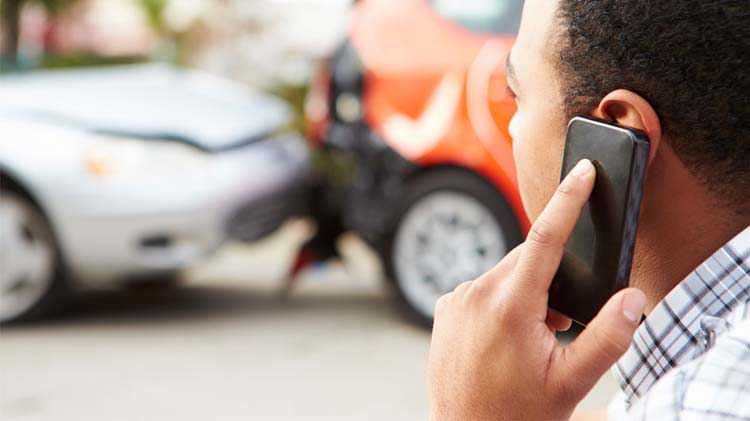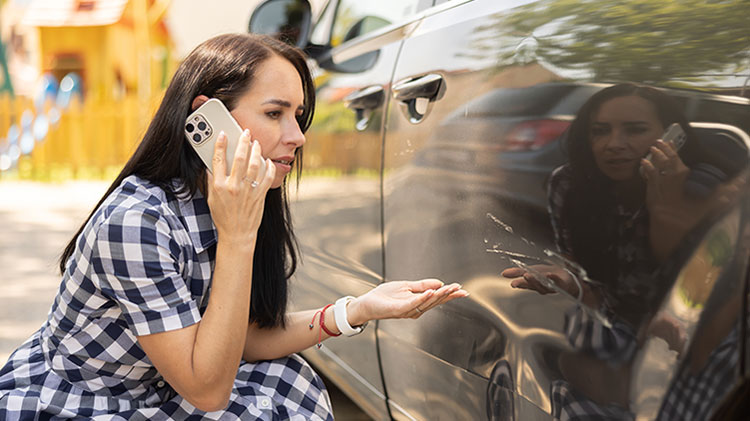What to do after a hit and run
Hit and run accidents can be stressful. Consider these tips if you find yourself in this situation.
Auto accidents are stressful enough. Add the element of a hit and run, and it may leave you feeling completely helpless.
What is a hit and run accident?
In traffic laws, it's the act of someone knowingly causing an accident and then leaving the scene without providing any information about themselves or assistance to another. In many jurisdictions, it's a misdemeanor unless someone is injured. Then it could become a felony charge.
As with any collision, you must carefully document hit and run accidents for your insurance company and the police. However, that can be a little tricky since one driver has taken off!
Here are five dos and don'ts for handling a hit and run
When one party in an accident flees, it's important to stay to talk to witnesses and the police.
- DO call 911 if you are in your car or someone is injured.
- DON'T follow the fleeing driver. Leaving the scene of the accident could put you in a compromising position: You might miss getting eyewitness accounts — and police could question who's really at fault. Not only that, you run the risk of getting into another accident, or putting yourself in a dangerous situation without knowing the demeanor of the other driver.
- DO get as much information about the driver, car and accident as possible, including:
- License plate number
- The other vehicle's make, model and color
- Description of damage to the other vehicle (take photos if possible)
- Which direction the other vehicle was headed
- Photos of the damage to your vehicle
- Location, date, time and cause of the accident
- DON'T wait to call the police or your insurance company to file a police report or an accident claim. The official accident report will help police look for the missing driver and be useful when you file your accident claim.
- DO ask witnesses if they can supply additional information about the accident. If they give you or the police a statement, be sure to get their names and contact information. Witness information can be especially helpful if the hit and run occurred when you were not with your vehicle. Get more information about how to handle parking lot accidents.
Get an auto insurance quote
Want to protect your car?
Does insurance cover a hit and run?
If you're involved in a hit and run, your auto policy may cover some expenses. It's important to note that coverages will vary by state. If you are a State Farm® customer and want to learn more about your current coverage or need to file a claim, consider logging into My Accounts or downloading the State Farm mobile app.
Let's look at specific coverages.
- Collision coverage pays to repair or replace your vehicle if it's been damaged in a collision with another vehicle, object or the overturning of the vehicle. If you're a victim of a hit and run accident, you may be able to make a claim on your policy even if the other driver isn't found.
- Uninsured motor vehicle coverage helps pay medical expenses, lost wages or damages to your car (if applicable in your state) if the driver at fault for the accident doesn't have insurance or if the driver at fault for the accident remains unknown. This coverage isn't available in every state. If you or the insured driver do not carry this coverage, you may be at risk of not being covered in the event of a hit and run.
Do you have to pay your deductible for a hit and run?
A deductible will likely apply to repair your vehicle. Deductibles and coverages vary depending on the state you reside in and the type of policy you carry.
Maintain communication with your insurance company during the claim process. If the hit and run driver is identified, there is a chance that your insurance company may file a claim with the other driver or will try to recover your deductible through subrogation.
Your insurance agent can be a good resource if you find yourself in this unfortunate situation. For more information, read our tips on what to do after an accident.
